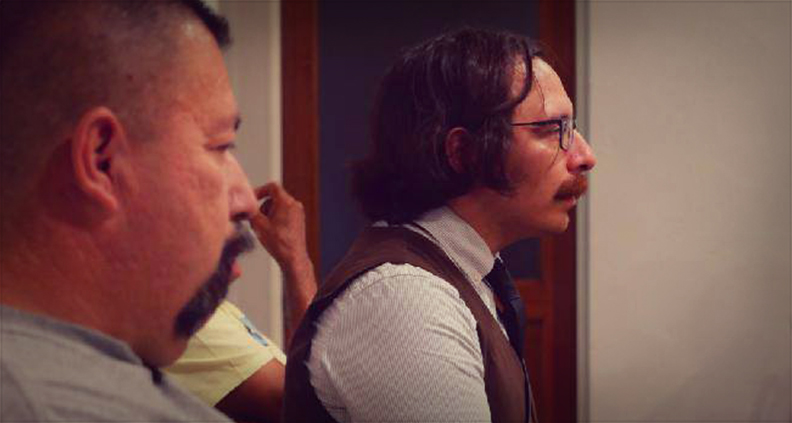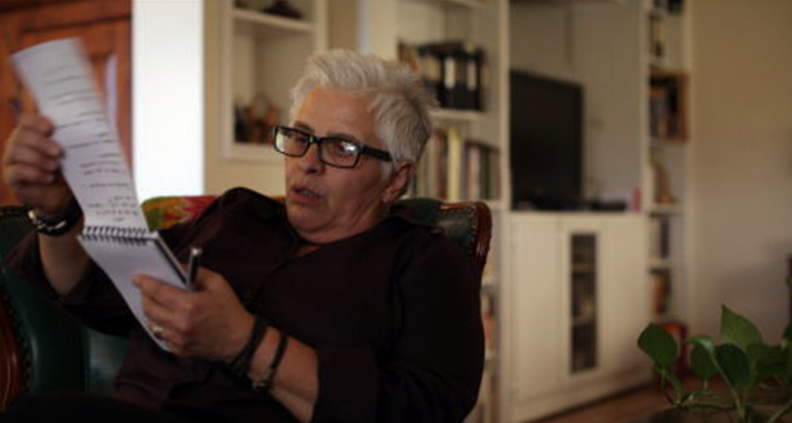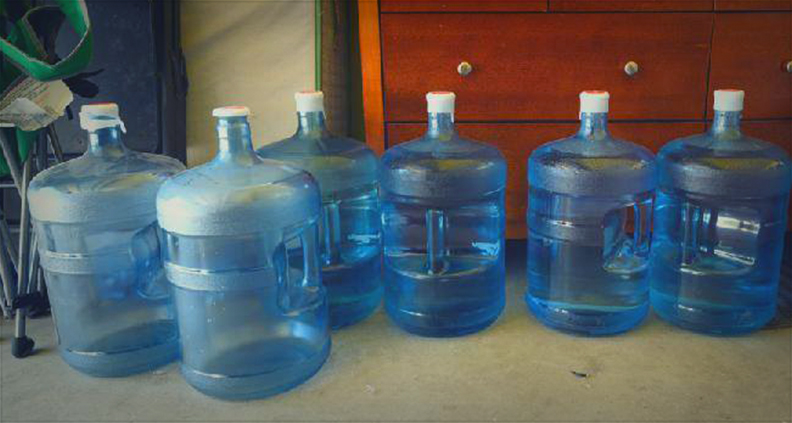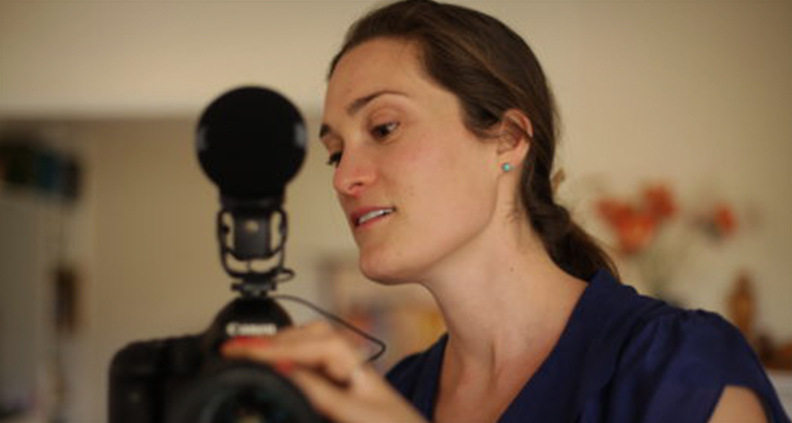As an art form, documentaries are as wide-ranging and malleable as any other type of narrative medium. Often, though, we associate nonfiction film with deeply personal stories about groups or individuals revolving around complex social problems. In this mode, docs can serve as catalysts generating public awareness, coalition-building and spurring people to take direct action. And while documentarians often develop a strong commitment to the issues addressed in their films, questions of financial sustainability as well as simply knowing when to finally move on to the next project may conflict with pressure on the filmmaker’s to expand their engagement around a particular issue. In this month’s The Doc Life, I spoke with a filmmaking team who has dedicated themselves to a sustained commitment to the issues raised in the projects their boutique production company, Bummer Lamb Pictures, chooses to support. So once again, I found myself hitting the road to learn more. But unlike my previous journey, this time I’m glad to report I steered clear of burning forests! Instead, I embarked on a Red Bull Yellow-fueled drive up I-5—deep into California’s Central Valley. Surrounded by endless citrus orchards, I reach my destination: a food pantry on the outskirts of Exeter, CA, where a short documentary called The Great Divide: California’s Water Crisis is being screened for the community it depicts. It’s here that I meet producer Mary Cardaras and her filmmaking partner, director Casey Beck, after The Great Divide’s community screening. The duo’s short offers a glimpse into the decade-long campaign by a small group of local activists in California’s Central Valley to address the ongoing water crisis. Forced to use bottled water for over 12 years due to the dangerous contamination of their failed water system, the activists seek access to Exeter’s functioning water system for their hometown, the tiny hamlet of Tooleville—located less than a mile away from Exeter proper. After the film, I sat down with Producer Mary Cardaras to talk about her social issues documentary and the benefits—or, as she puts it—the outright need of building a deeper relationship between journalism and non-fiction filmmaking.
SOCIAL IMPACT FILMMAKING
In 2013, California Governor Jerry Brown signed Assembly Bill 685, making California the first state in our country to recognize the human right to safe, clean, affordable water. As reported by The New York Times last May: “Today, more than 300 public water systems in California serve unsafe drinking water, according to public compliance data compiled by the California State Water Resources Control Board.” Tooleville, a majority-minority community located within the heart of California’s massive agriculture industry, primarily exists due to historic restrictive rental covenants that prevented people of color from living within the city boundaries of Exeter. In 1973, a county general plan identified Tooleville as non-viable, resulting in the withholding of investments in infrastructure—including the water system; the deficient infrastructures found in these communities are the historic legacies of racial discrimination. With a story centered around issues of historic racism, economic disparity and dangerous living conditions, Cardaras says that an open dialogue between people on both sides of the Tooleville water issue was virtually unattainable. I asked her if she felt it was difficult to explore both sides of the issue given the utter reluctance of Exeter city officials to speak on camera. I was caught off guard by her answer. She said: “Sometimes there is no other side. Sometimes when you research, you investigate and if you do your job right the story you eventually arrive at has a central truth. And as documentarians, you just try to convey that to your audience.” I asked Cardaras if there was a challenge to maintain journalistic objectivity as a filmmaker and to not allow herself to be swept up into the cause her film was documenting. “We’re not trying to push anyone’s agenda, but to push for others—our politicians and citizens—to seek out a solution to this issue, which is life-threatening,” she said, continuing: “Journalists and documentary filmmakers have to be an instrument to be used, so that these stories get out there.” Cardaras also strongly feels that documentaries—and documentarians—can and should make longer commitments, to focus on these stories for longer and to take them beyond the 24-hour news cycle to show how these issues continue to play out in the long term. In fact, Cardaras and Beck have partnered with former ProPublica senior editor Susan White, who is working on a companion article about the situation in Tooleville. The filmmakers are also working with a portrait photographer, with plans to hold a gallery exhibition with portraits of many of the residents—including children who continue fighting for access to clean, safe and affordable drinking water. With Bummer Lamb Pictures, Cardaras and Beck seek to tell important stories using the documentary form while partnering with journalists and other artists to generate as much noise and attention as possible around the issue-based stories they’re telling. Currently, Bummer Lamb is focused on the worldwide issue of people’s struggles to gain access to clean, safe and affordable water. Beginning with The Great Divide: California’s Water Crisis short, Cardaras and Beck are seeking additional funding through California Humanities to expand the project to feature-length. In the meantime, they plan to submit the film to environmentally focused festivals and continue to screen their film to groups in the hopes of promoting greater awareness and civil action to produce real solutions. For more info about how you can see their film or partner with their production company contact producer Mary Cardaras at bummerlambpictures@gmail.com.
More Film Independent…
Twitter YouTube Instagram Membership



